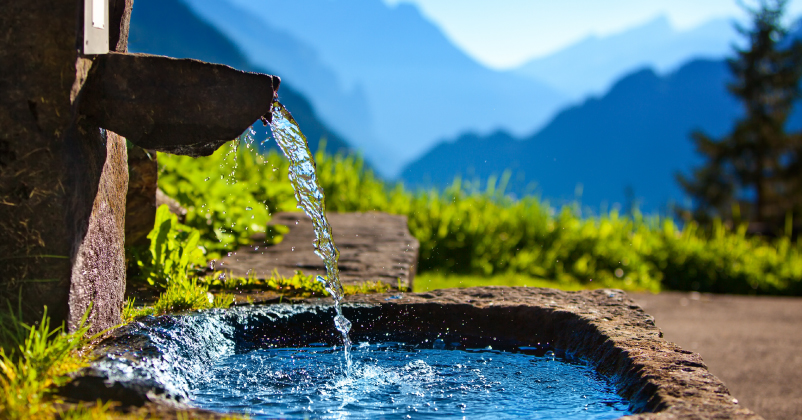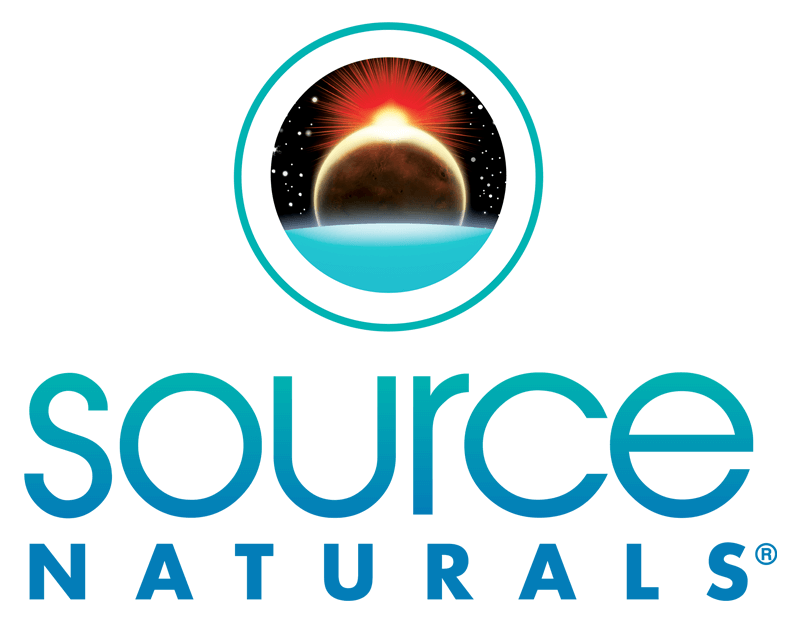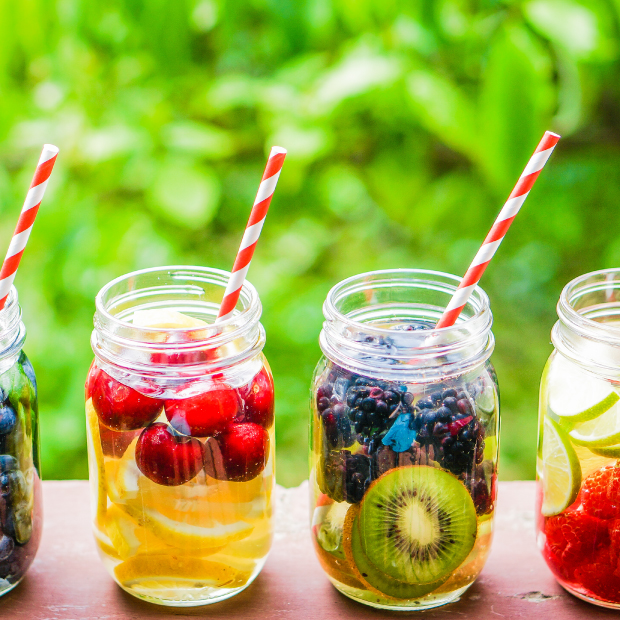
Water is crucial to all life on Earth—including yours.
You Need Water Because You Are (Mostly) Water
An average adult human body is about 60% water, and you’re constantly losing it as you breathe, perspire, digest, and eliminate (urination and defecation).
Dehydration happens when you lose more water than you take in. A 2013 CDC study found that 36% of adults report drinking less than 1-3 cups of water a day, and 7% report drinking no water at all—which is terrible for their health.
What Water Does for You
Each of your cells requires water to function properly.
- Kidneys– Water helps your kidneys filter and flush toxins—primarily blood urea nitrogen, a water-soluble waste product created by the liver during protein digestion. Dehydration raises your risk for kidney stones and other problems.
- Brain– Brain cells require a balance of water and biochemicals to function; in addition, the cerebrospinal fluid that cushions and protects your brain and spinal tissue is 99% water. When dehydration disrupts that balance, brain cells actually shrink. Researchers have shown that dehydration can cause trouble with focused attention, short-term memory, long-term recall, and even mental operations like doing arithmetic in your head.
- Temperature– Water regulates your body temperature by coming to the surface of your skin as perspiration and cooling you as it evaporates. Dehydration disrupts this mechanism and can lead to dangerous overheating.
- Joints– The cartilage that helps lubricate and cushion your joints is 80% water. Dehydration can reduce your joints’ ability to absorb shock and withstand wear.
- Nervous system– Water is important for the production of hormones and neurotransmitters.
- Digestion and absorption– Water makes water-soluble nutrients available and helps remove waste products via the kidneys and bowel. Dehydration can lead to digestive problems, including over-acidic stomach (which increases the risk of heartburn and ulcers) and constipation.
- Muscles– Water maintains the electrolyte balance that facilitates muscle function. Dehydration can lead to muscle cramps and potentially reduce muscular performance during exertion.
- Skin– Your skin needs water to look good and function well. Dehydration leaves it more vulnerable to injury, disorders, and premature wrinkling.
Your Kidneys Regulate Your Water Balance
Your healthy body easily regulates fluid balance via your kidneys. Your kidneys filter about 120-150 quarts of fluid daily; about 2 quarts are excreted as urine, and the rest is recovered by the bloodstream. Your kidneys are so efficient, in fact, that you can live a healthy life with just one.
When fluid is low, your brain triggers thirst to get more water into the system. That’s when you should grab some water or another beverage (anything but alcohol, which interferes with that trigger).
If you don’t drink when you’re thirsty, dehydration can develop—and eventually disrupt every water-based process in your body.
Get the Water You Really Need
Some water comes from your food, but most comes from what you drink. Clean, pure water is the best source of fluid for your body.
Despite its longevity, the “drink 8 glasses a day” idea isn’t based in science—there’s actually no universal recommendation for daily water intake. Thirst is usually sufficient for healthy people to get the fluids they need each day. (You can also look at your urine: well-hydrated urine should be pale yellow or nearly clear.)
There is, however, general agreement on what healthy fluid intake looks like. According to the US National Academies of Sciences, Engineering, and Medicine, the average daily water intake (from food and drink) should be ~2.7 liters (just under 11.5 cups) for adult women and ~3.7 liters (just over 15.5 cups) for men. Fresh fruits & vegetables and all non-alcoholic beverages count toward the total.
How much water you need on a given day depends on a variety of factors, including the weather, your activity level, and whether another condition is causing additional water loss. For example, it’s important to drink plenty of water if it’s a hot day; if you’re very active or sweating a lot; if you’re pregnant or nursing; or if you’re ill with a fever or losing a lot of water through diarrhea and/or vomiting.
As beneficial as water is for you, you can drink too much. It’s called “water intoxication” and can cause hyponatremia—literally low blood sodium, a life-threatening electrolyte imbalance.
If you’re concerned about your body fluid balance, consult your healthcare professional for guidance. Getting your water balance right helps keep you going strong!
Resources
Don’t take water for granted; it’s important for feeling good and functioning well. Learn more about what water can do for you from the articles we consulted for this article.
Barry M. Popkin, et al., “Water, Hydration, and Health,”Nutrition Reviews68(8), Aug. 2010. Accessed 2/15/19.
Brandon Specktor, “How Much Water Do You Really Need to Drink?” LiveScience.com, 1/7/18. Accessed 2/15/19.
James McIntosh, “Fifteen Benefits of Drinking Water,” MedicalNewsToday.com, 7/16/18. Accessed 2/15/19.
Jen Laskey, “The Health Benefits of Water,” EverydayHealth.com, 2/16/15. Accessed 2/15/19.
Joshua Gowin, “Why Your Brain Needs Water,”Psychology Today, 10/15/10. Accessed 2/15/18.
Kathleen M. Zelman, “6 Reasons to Drink Water,” WebMD.com, 8/8/08. Accessed 2/15/19.
Mayo Clinic Staff, “Nutrition and Healthy Eating,” MayoClinic.org, 9/6/17. Accessed 2/15/19.
National Academy of Sciences Food and Nutrition Board, “Dietary Reference Intakes: Water, Potassium, Sodium, Chloride, and Sulfate” Report, NationalAcademies.org, 2/11/04. Accessed 2/15/19.
Sarah Pflugradt, “Healthy Body Water Percentage,” LiveStrong.com, 12/11/18. Accessed 2/15/19.









